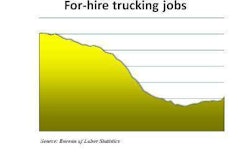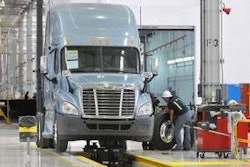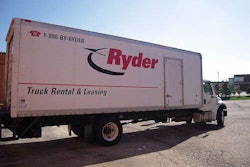The U.S. Department of Transportation announced a final rulemaking to help economically and socially disadvantaged businesses take advantage of opportunities to participate in federally funded highway, transit and airport projects. The final rule also will hold states and local agencies more accountable for including disadvantaged businesses in their transportation plans.
“When we help small businesses, we’re helping to get the economy going,” says U.S. Transportation Secretary Ray LaHood. “This rule will help small and disadvantaged businesses get a fair shot at participating in state and local transportation projects.”
DOT’s Disadvantaged Business Enterprise Program helps small businesses owned and controlled by socially and economically disadvantaged individuals compete for government contracts. DOT also requires state and local transportation agencies to establish goals for DBE participation.
DOT’s new rulemaking will require greater accountability from state and local transportation agencies for including disadvantaged businesses in their spending plans. Those that fail to meet established goals for DBE participation will be required to evaluate why the goals were not met and offer a plan to help meet the goal in the future.
In addition, the final rule will adjust the personal net worth limit for DBE owners for inflation from the present $750,000 to $1.32 million. The current limit was set in 1989 and has not been adjusted since.
DOT’s rulemaking also will add provisions to ensure that prime contractors fulfill commitments to use DBE subcontractors. State and local agencies will be required to monitor each contract to make sure prime contractors are fulfilling their obligations and do not dismiss DBE subcontractors without good cause. The rule also requires state and local agencies to create a plan for improving the use of small businesses, including DBEs.
Another major change under the rulemaking will reduce burdens on small businesses seeking DBE certification in more than one state. As a result of the rulemaking, all states will be required to accept DBE certifications obtained in other states, unless the state finds good cause not to accept it. The rule establishes a process for resolving issues with respect to eligibility raised by states concerning out-of-state firms.










